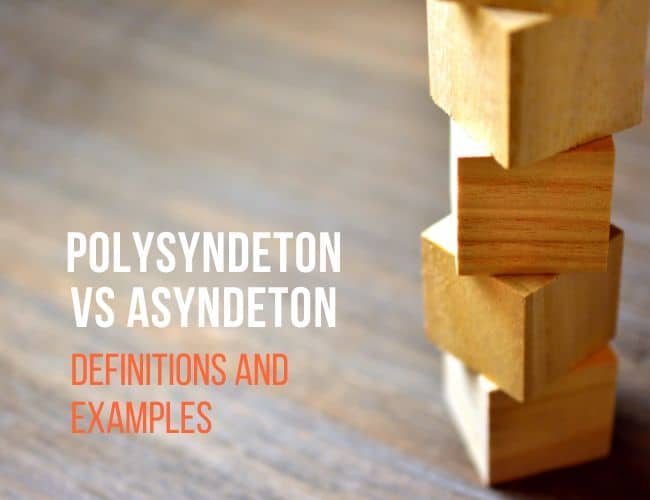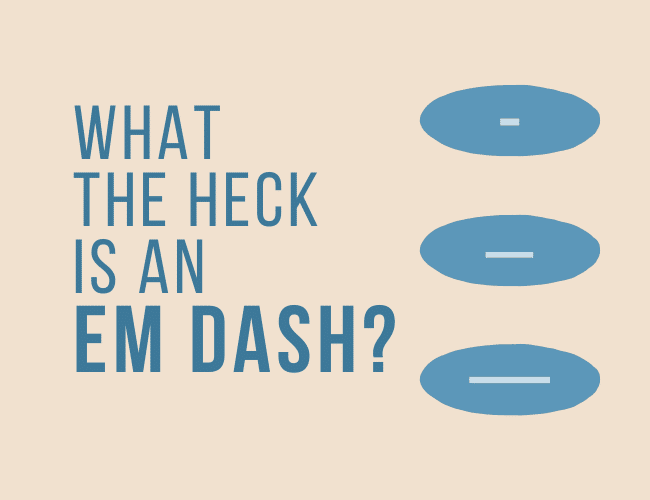
by Liz Bureman and Elizabeth Nettleton |
One of my all-time favorite movies is The Usual Suspects. I could watch it on a loop, and I’d still never get sick of it. If you haven’t seen it, I’m going to spoil the ending, and if you keep reading and get mad at me, it’s your own fault because that movie has been around since 1995 and you really should have seen it by now.
The vast majority of the movie is Kevin Spacey’s con man character telling a cop about a job that results in a huge explosion and lots of deaths. He says the mastermind behind the job is a man named Keyser Soze. At the end of the movie, we learn that Kevin Spacey is Keyser Soze, and a good number of details from the story that he told the police were made up from things he observed in the cop’s office.
The first thing your brain does after it picks itself up off the floor is get confused: Wait—if he made up those details, what other bits of information did he make up? Was anything he just told us real? Is Keyser Soze even real?
And just like that, the movie that was so straightforward for the first 100 minutes is suddenly a completely different movie.

by Liz Bureman and Elizabeth Nettleton |
While colons can be intimidating at first, they’re lovely, distinguished punctuation marks that are quite easy to use once you get the hang of them. Let’s dig a little deeper into how to use colons correctly.

by Liz Bureman and Joe Bunting |
Today, we’ll look at the difference between polysyndeton vs asyndeton, share some examples, and explain how and when to use them both in your writing. Let’s get started!

by Liz Bureman |
An em dash is a versatile punctuation mark that looks like an extended dash. It is used to break up a longer sentence, usually to insert a phrase into the middle or end of a sentence, to add modification phrases to a list, and sometimes to show a break in narration or conversation. Let’s look at when to use an em dash, and learn the keyboard shortcuts to make them!

by Liz Bureman |
My mother seems to appreciate having a grammar lover in the family. For Christmas one year, she bought me the book I Judge You When You Use Poor Grammar. (By the way, it is equally correct to say “bad grammar.”) Last week, my mother emailed to ask if she was using the word “nor” correctly, which brings me to today’s post: the use of either, neither, and the connecting words that go with them.







